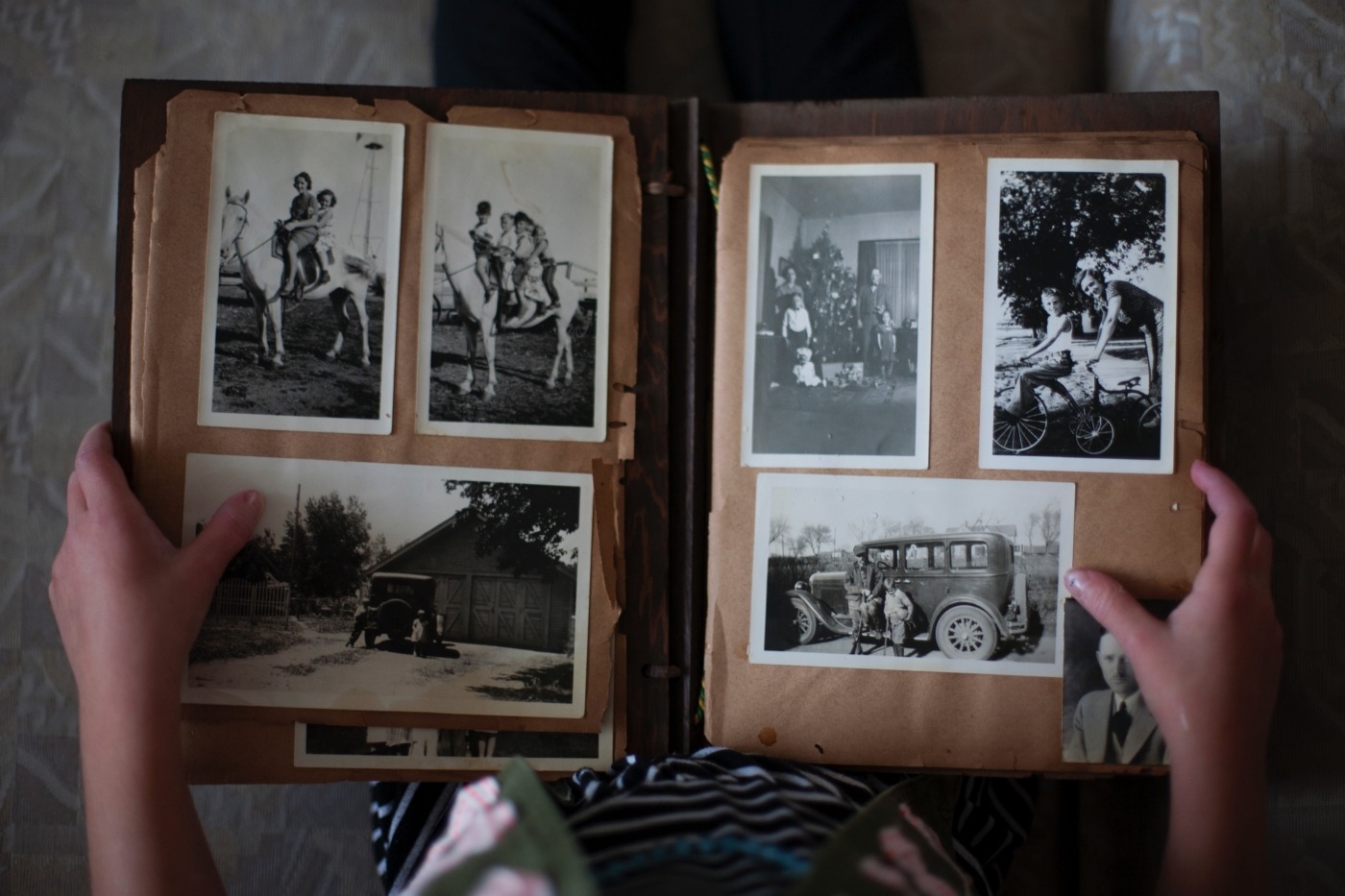SciTech explains: the science of déjà vu
Have you ever experienced something and had that weird feeling that you have seen it all before? That’s known as déjà vu, and it can often be accompanied by a stranger feeling – that you’ve been here before or that you know what is going to happen next. If what you predict is going happen does in fact occur, common recourse is to the supernatural, but could there be a scientific explanation? According to a new paper, perhaps our brains are just playing tricks on us.
Anne Cleary, a cognitive psychologist at Colorado State University, has explored the feeling of déjà vu, and last year managed to essentially reproduce it under laboratory conditions. Cleary found that familiarity could help to provoke déjà vu – so, a spatial layout or a face may look similar to a different layout or face, but it doesn’t provoke a specific memory. Think of it as a word of the tip of your tongue – there’s a memory there that’s tangentially linked, but your brain can’t quite access it.
Cleary found that familiarity could help to provoke déjà vu
“We cannot consciously remember the prior scene, but our brains recognise the similarity,” Cleary said. “That information comes through as the unsettling feeling that we’ve been there before, but we can’t pin down when or why. My working hypothesis is that déjà vu is a particular manifestation of familiarity. You have familiarity in a situation when you feel you shouldn’t have it, and that’s why it’s so jarring, so striking.”
Anecdotal reports show that déjà vu is often accompanied by a strong feeling of being able to predict the future – in a 1959 experiment that induced déjà vu by stimulating the temporal cortex, participants also reported feeling a sense of premonition. However, lab results indicate that this feeling does not translate into any increased knowledge of the future nor any statistical ability to produce a correct answer more frequently. Thus, Cleary sought to investigate why people believed so strongly that they had predicted what had happened next, wondering if a cognitive illusion of some kind could provide an explanation.
Cleary immersed a bank of test subjects in a video game scene created in the Sims games and asked whether they were experiencing déjà vu. The scene would then turn left or right, and the subjects were asked whether the scene unfolded as they expected. In a later experiment, they were further asked to rate the familiarity of the scene, both before and after the turn.
Lab results indicate that this feeling does not translate into any increased knowledge of the future nor any statistical ability to produce a correct answer more frequently
According to the results of this study, intense feelings of prediction were strongly correlated with what was termed ‘postdiction’ – the subject reported after the fact that they knew what was going to happen all along. Déjà vu gave test subjects both predictive feelings and a strong hindsight bias on later reflection, even though the randomness of the experiment means that it would be impossible for the subjects to actually know what would happen.
Cleary stated that the high degree of familiarity that accompanies déjà vu also carries through to this postdictive bias: “If the entire scene feels intensely familiar as it unfolds, that might trick our brains into thinking we got it right after all. Because it felt so familiar as you were going through it, it felt like you knew all along how it was going to go, even if that could not have been the case.” So, when we’re convinced we’ve seen something before, our brain is really mistaken because it’s making connections with highly familiar scenarios.
Déjà vu gave test subjects both predictive feelings and a strong hindsight bias on later reflection
Cleary is continuing work on déjà vu, teaming up with neuroscientists at Emory University who work with patients who have injuries to the medial temporal lobe – it’s a part of the brain linked to seizures, and can be accompanied by severe and recurring déjà vu. She’s also working on auditory déjà vu, known as ‘déjà entendu’, in which you swear you’ve heard something before
It’s easy to tend towards ideas of the supernatural, but Cleary’s research indicates that déjà vu is simply a matter of our brain half-remembering something and then convincing itself that it hasn’t. Try not to forget that little summary, and you’ll be in good stead

Comments